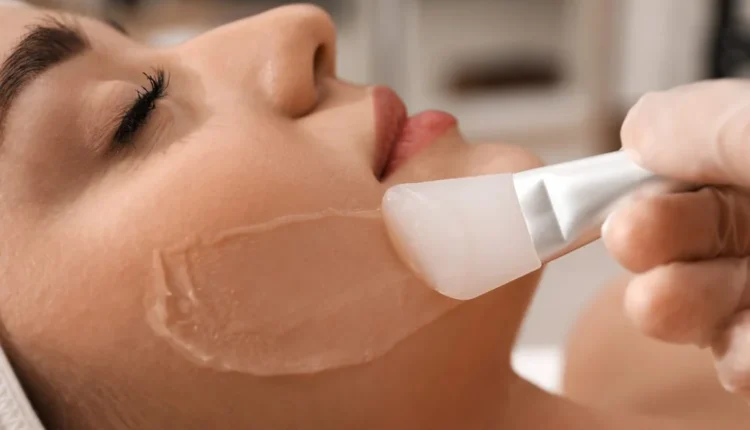Welcome to the world of skin renewal. Chemical peels, a staple in New York cosmetic dermatology, have been gaining popularity. These treatments can brighten dull skin, reduce signs of aging, and even fight acne. But what’s the full story? Let’s dive into the benefits and risks of chemical peels, as told by dermatologists. With knowledge, you can make an informed decision about your skincare.
The Basics of Chemical Peels
Chemical peels involve applying a chemical solution to the skin. The old skin peels off, letting new skin take its place. This new skin is often smoother and less wrinkled.
The Benefits
Chemical peels offer a variety of benefits. They can:
- Improve the texture of the skin
- Boost collagen production
- Improve skin hydration
They can also tackle specific skin issues. For example, they can reduce the signs of sun damage, aging, and acne.
The Risks
Like any skincare treatment, chemical peels have risks. They can cause:
- Redness
- Swelling
- Burning sensation
In some cases, people may also experience color changes in their skin or scarring.
Deciding on a Chemical Peel
Choosing a chemical peel should not be taken lightly. It’s important to consider your skin type, its sensitivity, and your goals. The American Academy of Dermatology provides a helpful guide.
Comparing Chemical Peels
| Peel Type | Benefits | Risks |
| Light Peel | Improves acne scars and skin texture, and reduces the effects of sun damage. | Slight redness, minor skin irritation. |
| Medium Peel | Smooths fine surface wrinkles, and corrects pigment problems and sun damage. | Redness, swelling, changes in skin color, and a burning or stinging sensation. |
| Deep Peel | Treats deep wrinkles, and sun damage, and may remove pre-cancerous growths. | Long recovery period (up to 2 weeks), risk of scarring, significant redness, and changes in skin color. |
Conclusion
Chemical peels can make a significant difference in the health and appearance of your skin. But they also come with risks. Always consult with a dermatologist before deciding on any skincare treatment. Armed with knowledge, you can make the best choice for your skin.


Comments are closed.